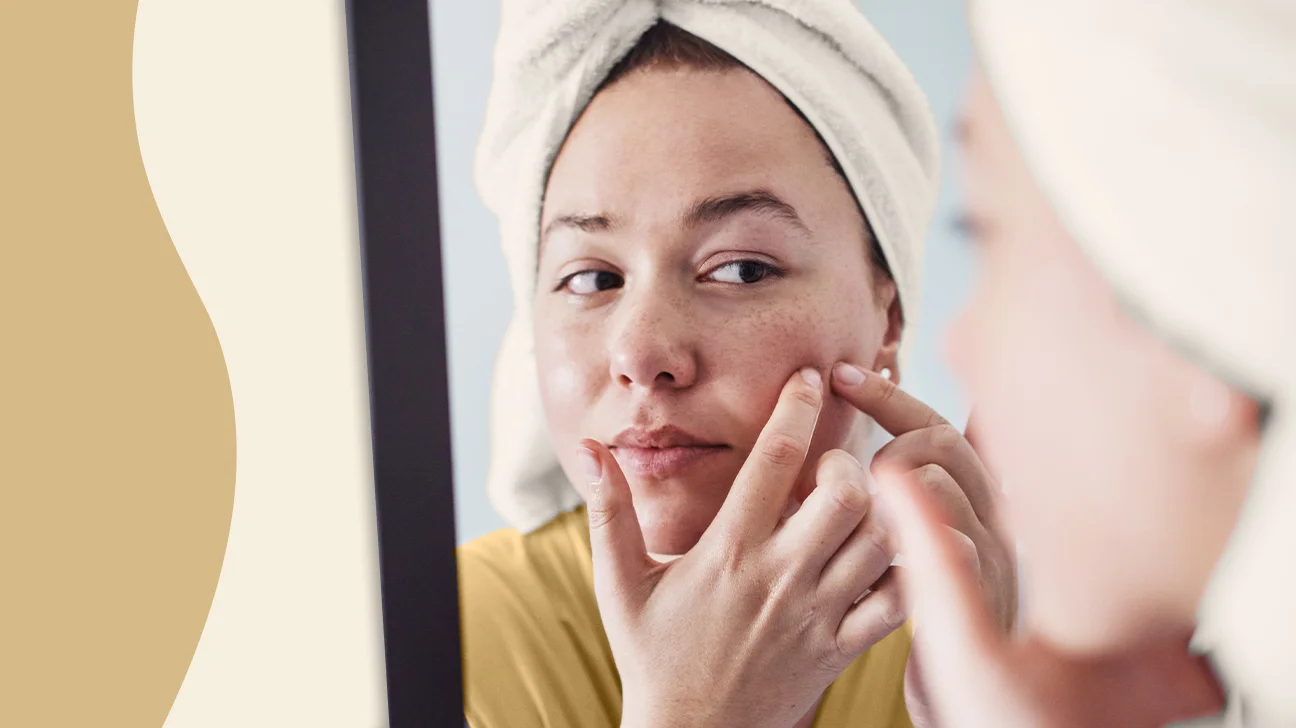Acne isn’t just a teenage affliction. Many adults find themselves grappling with pimples and breakouts well past adolescence. While it can be frustrating, dermatologists assure us that acne is entirely normal at any age. According to the American Academy of Dermatology Association (AAD), acne is the most common skin condition in the United States, affecting over 50 million Americans annually. Acne is largely out of our control and does not define who we are. Here’s what experts say about managing adult acne.
Common Triggers of Adult Acne
Stress, diet, lack of sleep, and the use of oily makeup, skincare, or haircare products can exacerbate acne. However, the primary culprits are genetics and hormones. This can be both a relief and a frustration—while it’s not entirely within your control, knowing the root causes can help manage expectations and treatment approaches. “Even with a perfect diet and lifestyle, you might still deal with acne,” Dr. King explains. This underscores the importance of understanding that breakouts are not solely a result of personal habits.
Preventive Measures and Skincare Tips
Managing stress, identifying and avoiding dietary triggers, and maintaining a consistent skincare routine can help manage acne. The AAD recommends cleansing your skin gently twice a day, protecting it from the sun, regularly washing your hair, and avoiding touching your face.
Dr. King also suggests incorporating over-the-counter products into your skincare regimen:
- Topical Retinoids: These help prevent and unclog blocked pores. “They also reduce discoloration left after a pimple and speed up skin cell turnover, shortening healing time,” Dr. King says.
- Salicylic Acid: This exfoliates the skin’s surface and removes oil from pores. “It’s excellent for people with oily and acne-prone skin, especially for treating and preventing blackheads and whiteheads,” she notes.
- Benzoyl Peroxide: An effective topical antiseptic, it reduces skin bacteria. “It kills bacteria contributing to acne and helps clear clogged pores,” Dr. King adds. For those with sensitive skin, treatments labeled “micronized” are recommended to minimize irritation.
When to Seek Professional Help
If acne persists despite your best efforts, consulting a licensed dermatologist is crucial. Dermatologists can prescribe stronger treatments and offer personalized advice tailored to your skin type and condition.
:max_bytes(150000):strip_icc()/homeacnetreatments-fc379610484649d1976edbb5c14a9bf2.png)
While adult acne can be a persistent issue, understanding its causes and implementing a solid skincare routine can significantly mitigate its impact. Remember, acne is a common condition that affects many people, and with the right approach, it can be effectively managed.
